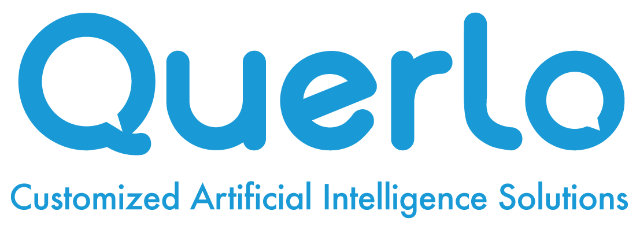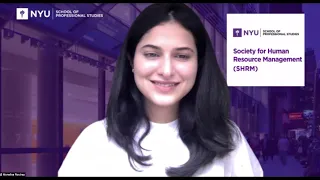In continuation of Querlo’s interview series, Francesco Rulli, Global CEO of Querlo, spoke with Anahita Cameron, the former Chief Human Resources Officer at HealthPartners, about her perspective on the role Artificial Intelligence could play in helping companies rebuild in the years following the COVID-19 pandemic.
Before getting into her views on AI, Anahita noted that she believes the entire way that people do work will change as we go forward. One example she used to demonstrate this point is that it will be more difficult for newly hired employees to acclimate to the company culture without being able to physically enter the office. People typically learn their way through a new space by observing others and the relationships they have with one another, however, since this will not be an option for some time, companies need to figure out how to acclimate employees in a way that doesn’t involve physical presence. Accomplishing this is crucial for company success—cohesive teams can accomplish goals most efficiently and effectively. Anahita also mentioned that it will be more difficult to measure performance than it was when people were able to physically be in the office. She believes that many leaders are not yet equipped to manage a remote and dispersed workforce, and even though they are getting better day by day, they are not working as productively as possible right now which could be damaging for the future. Overall, Anahita believes that what we used to call “work” might be deconstructed in the future—job descriptions might change, companies might look for different skills and capabilities than they used to, among other changes.
When asked about how AI solutions can be used to help alleviate some of these difficulties, Anahita said that “people are recognizing that with AI, they could have been in a much better place than they are finding themselves in today.” She also noted that before the COVID-19 pandemic, many companies were thinking about AI and other automation technologies, but that the current situation has “expedited that process” —the incorporation of AI solutions will “absolutely begin to pick up,” she said. Companies are noticing that organizations that had already invested a lot of resources into building AI into their HR practices are reaping the benefits now.
While Anahita explained that there are countless tasks that AI could assist with, one major one that companies will soon need help with is hiring. For the first time in many years, there will be a surplus of employee candidates, whereas before, different companies were “competing for the same talent”. Now, there is going to be so much talent and “AI can really help organizations sift through to find the right talent”. Once AI assists with hiring, it could also help train new employees. “There is so much that can be done,” Anahita stated, “there are a lot of things we can do to make the entire employee life cycle a lot more efficient and error-free and really continue to make it sharper as we go forward”. While making the shift toward more AI solutions will be difficult and potentially controversial, Anahita closed by saying that “the culture, agility, and the ability of an organization to change will have a great impact on how far an organization will go”. Artificial Intelligence increases company ability in all three of those categories.




